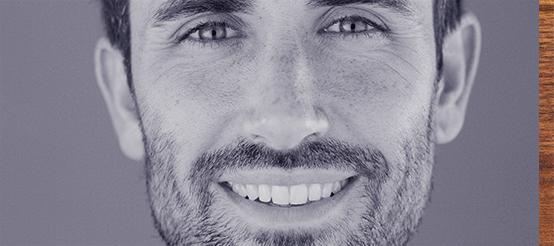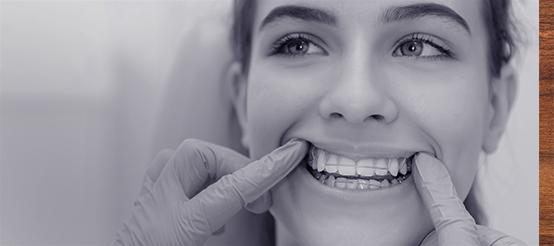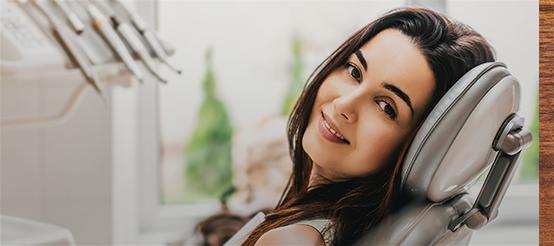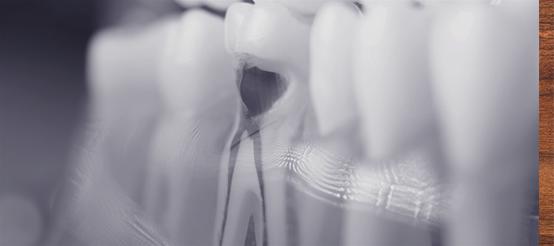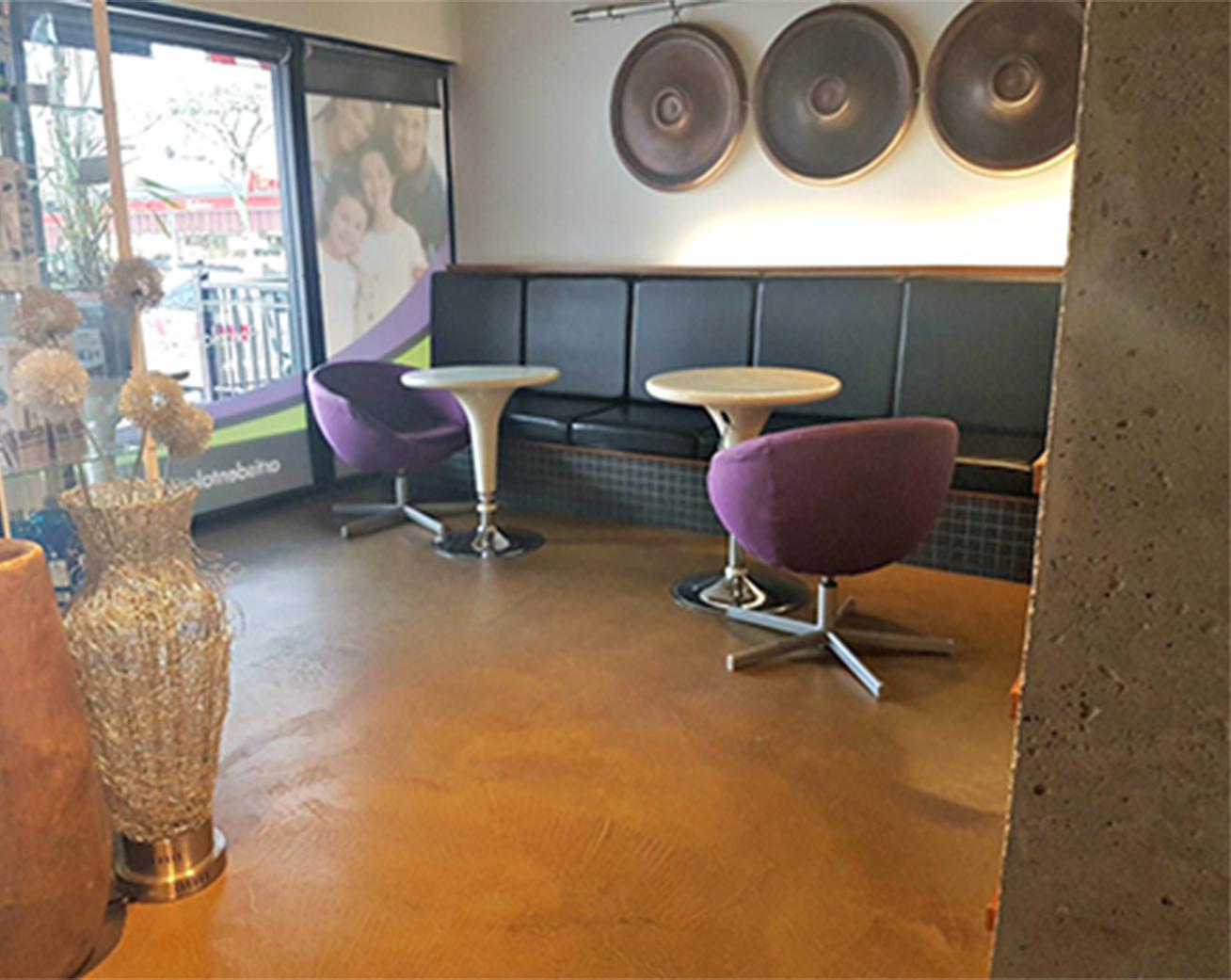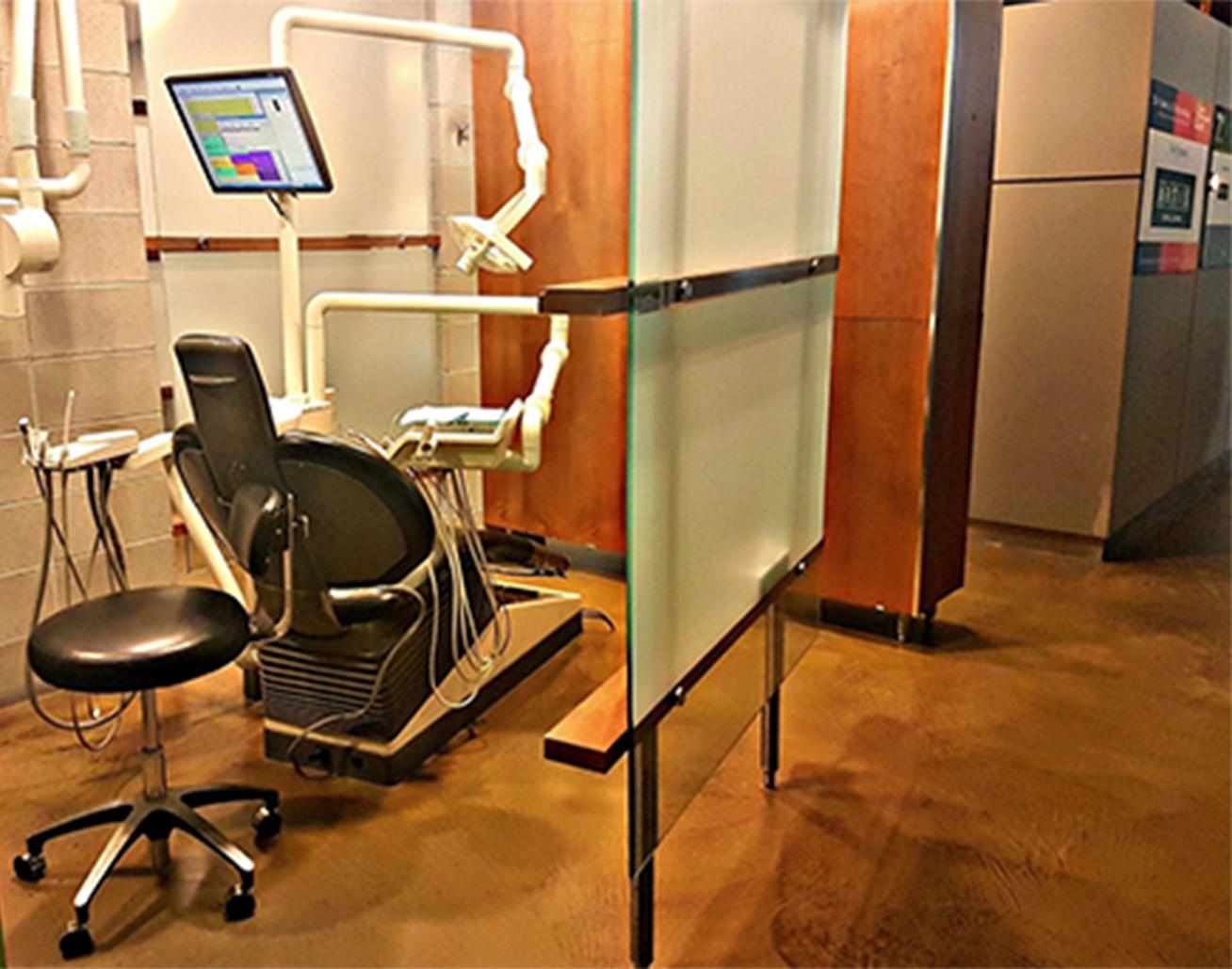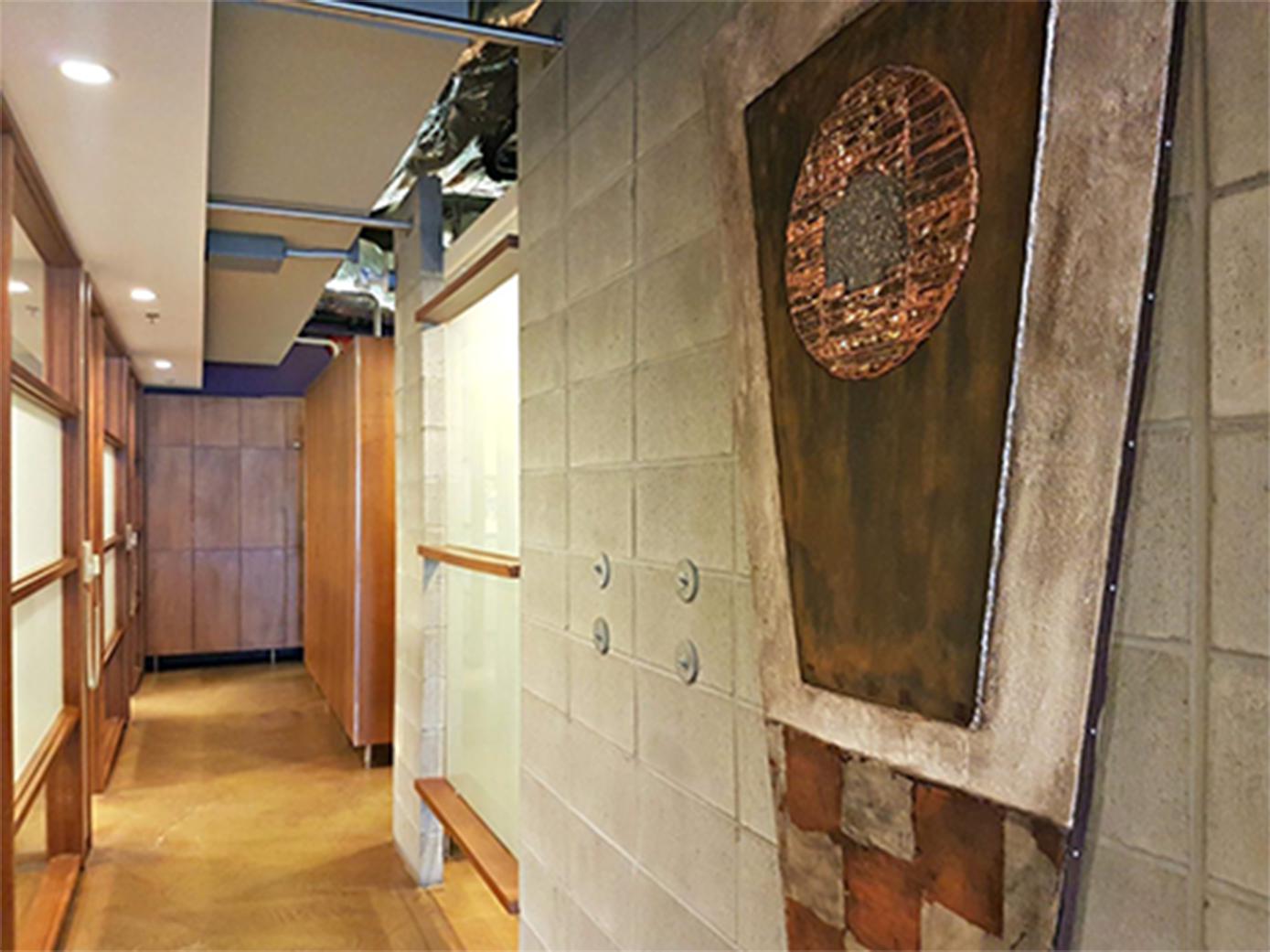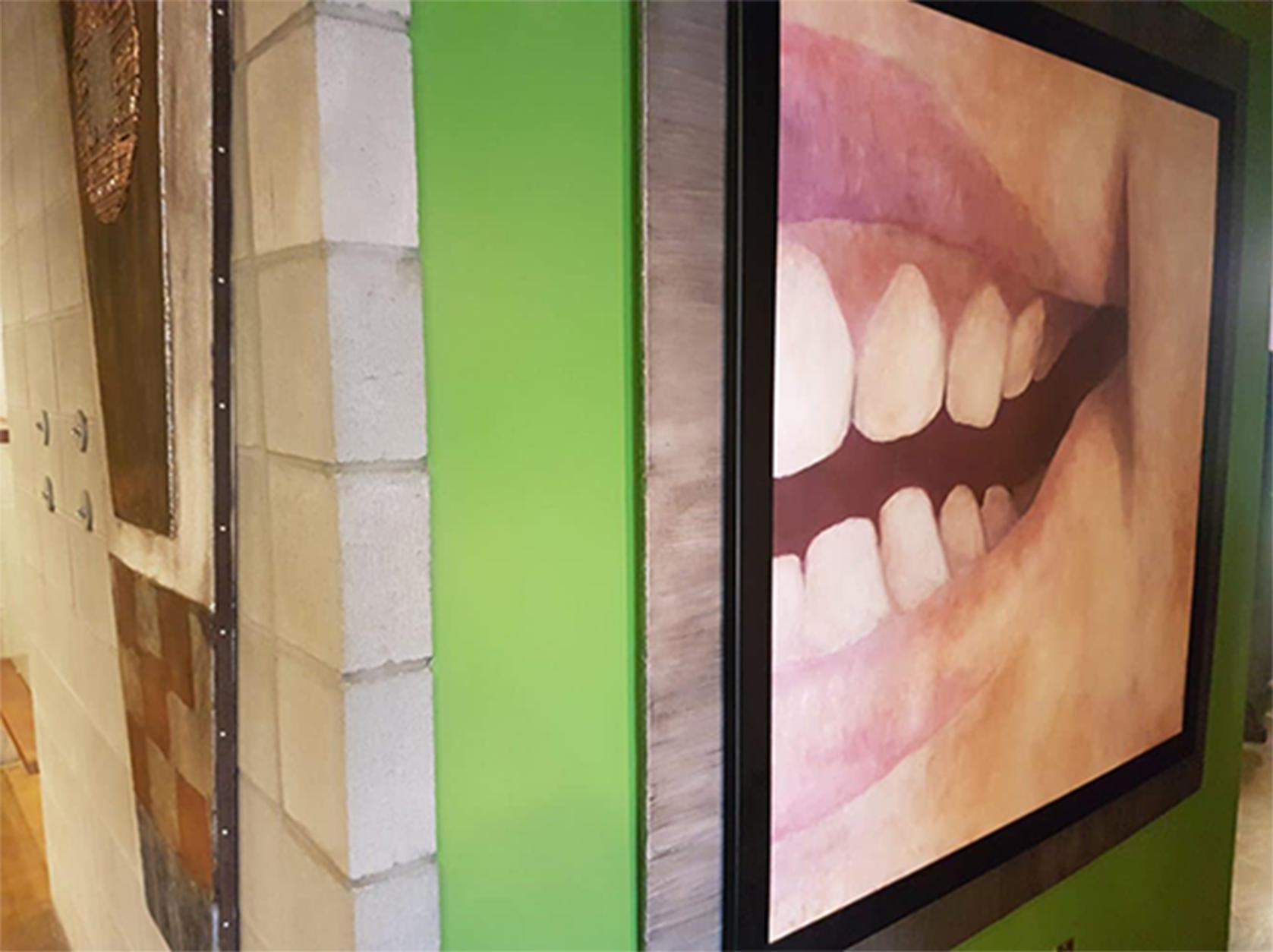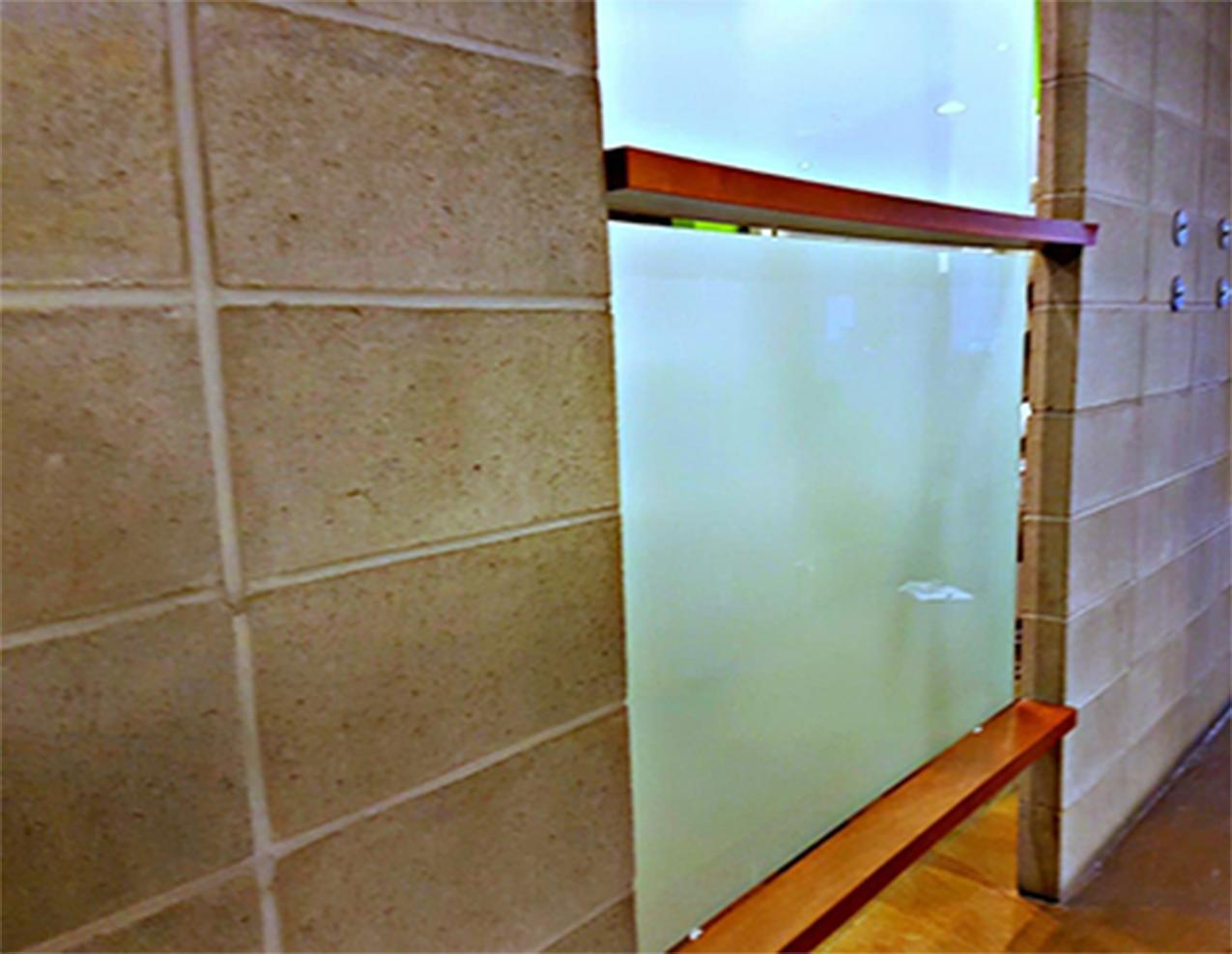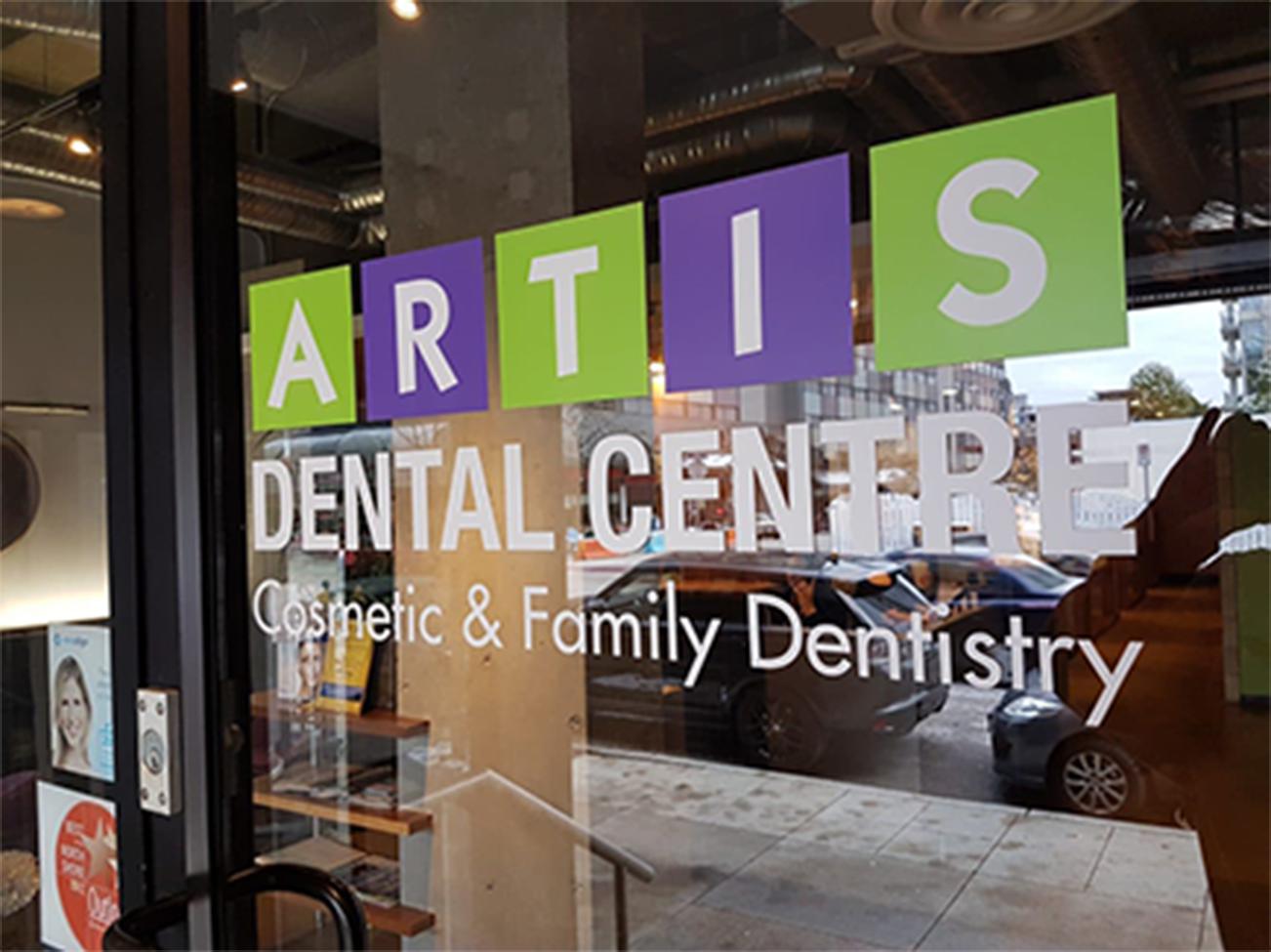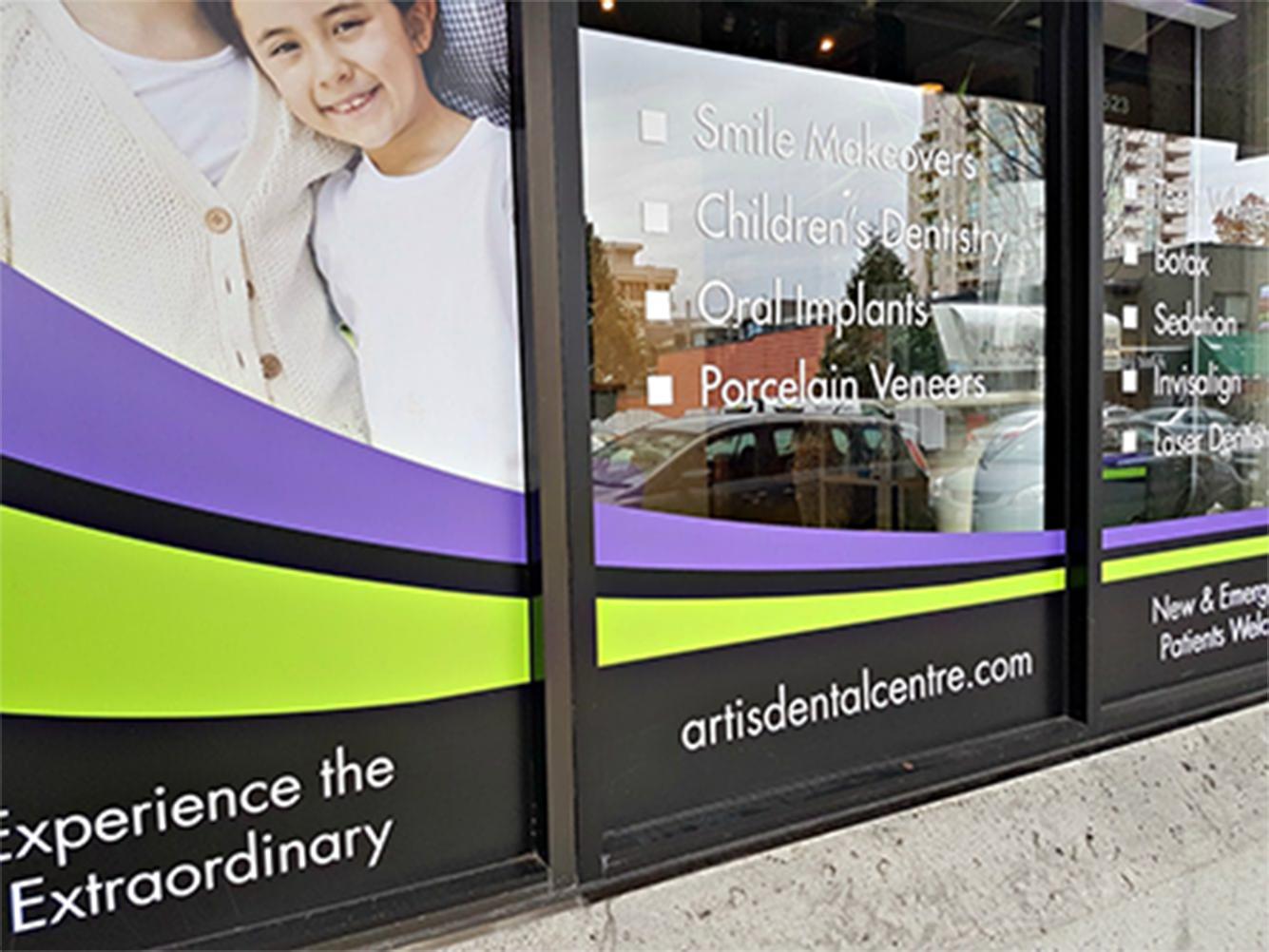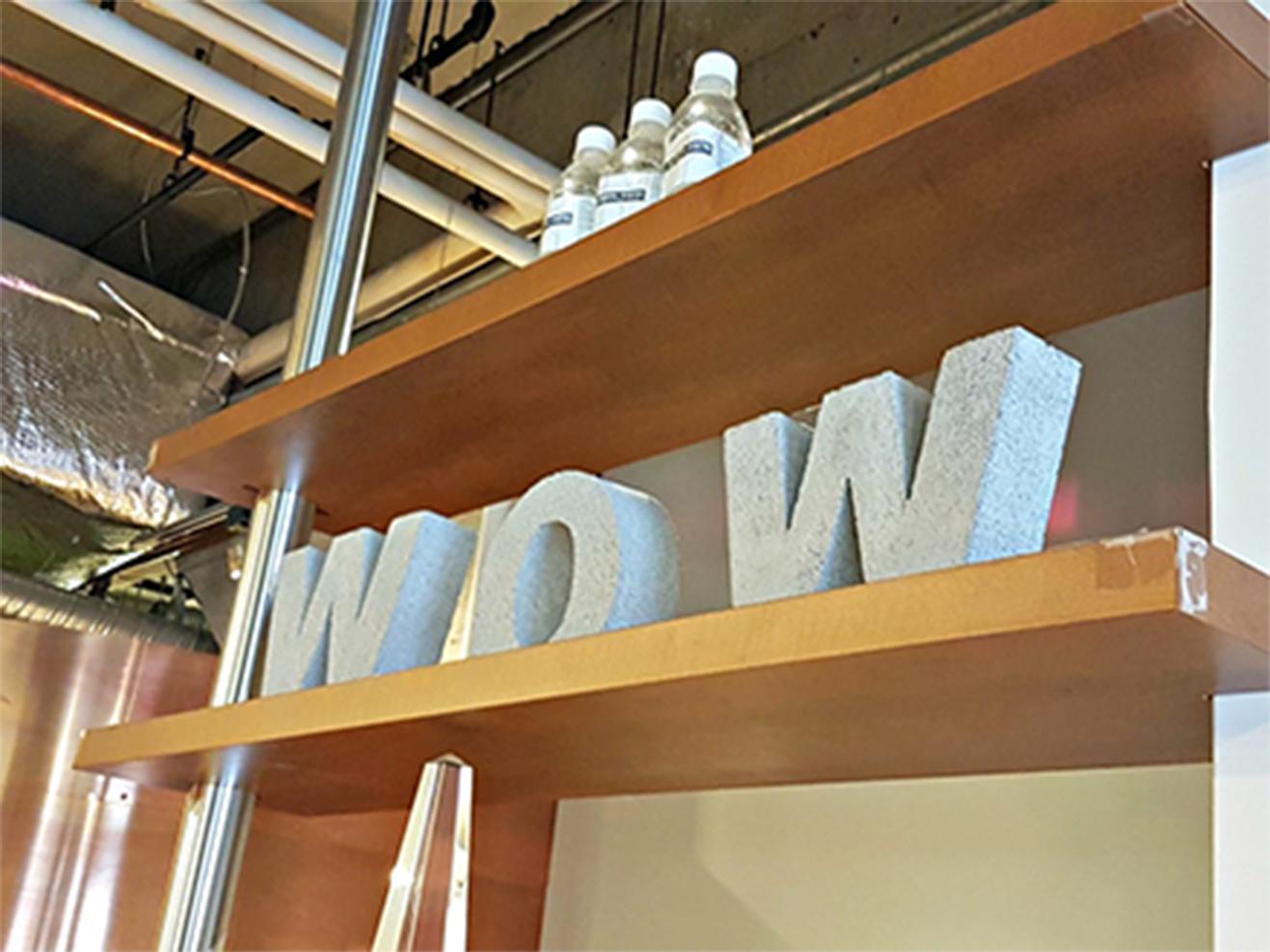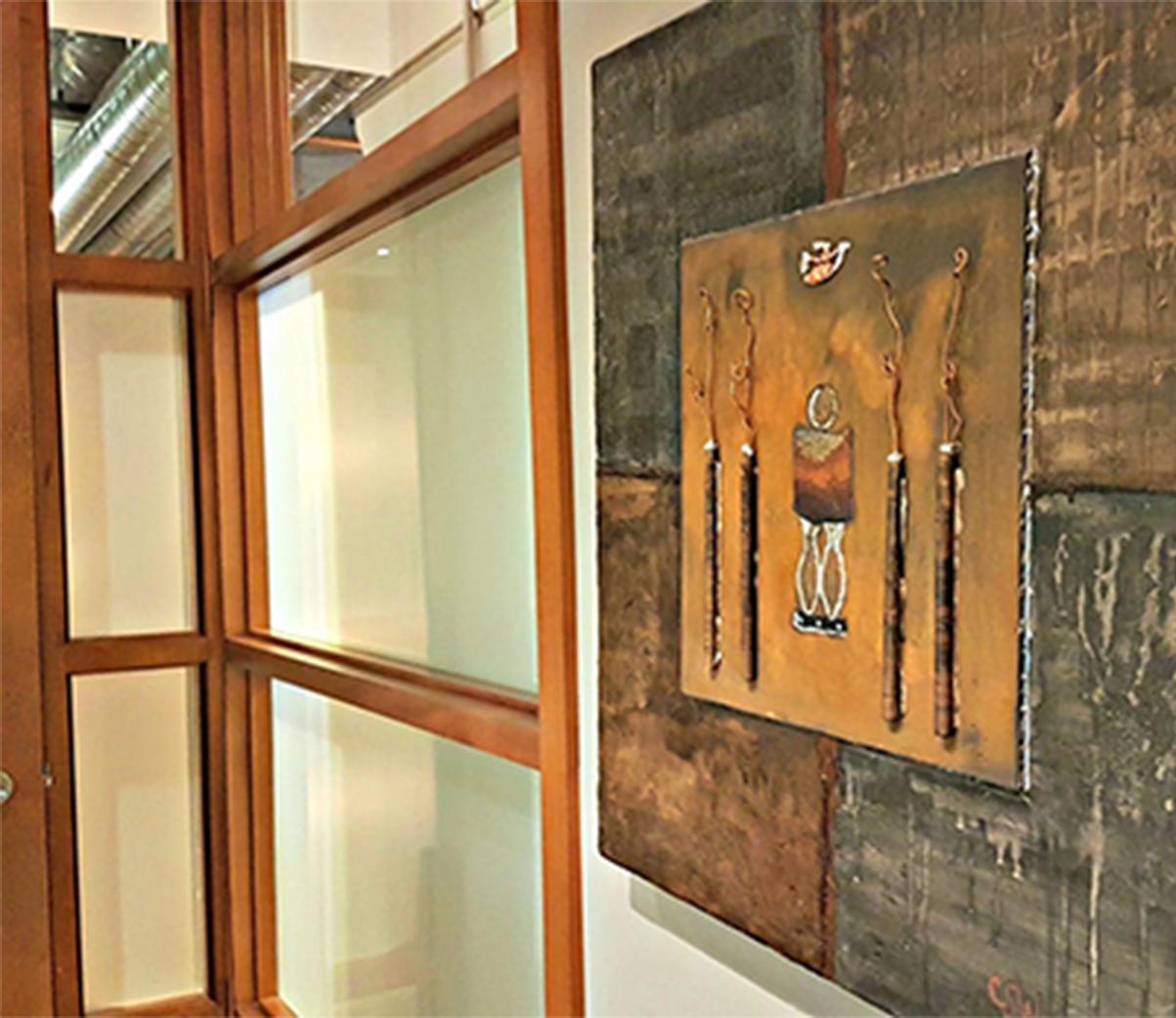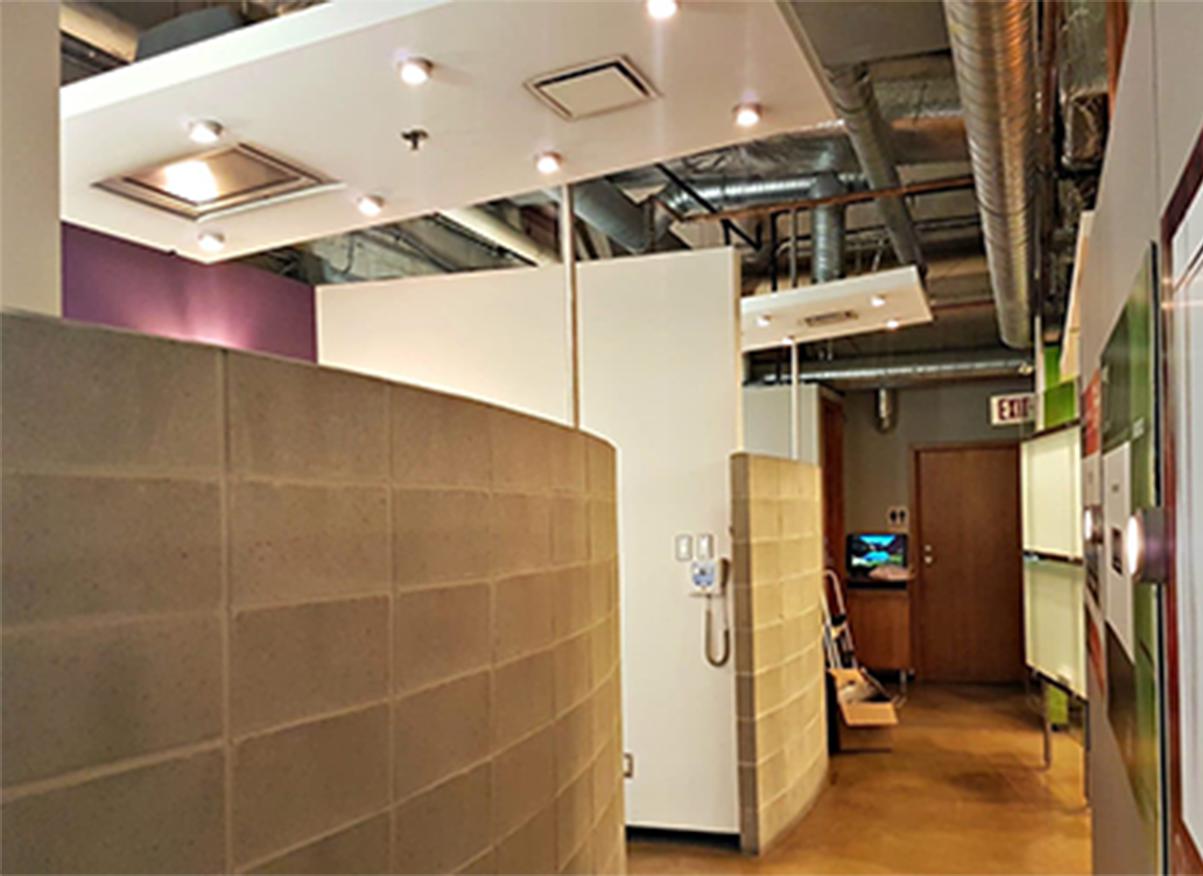A Healthy Mouth is a Happy Mouth
The routine of having our teeth cleaned is welcome to some and avoided by others. But most will agree that the feeling of freshly-clean teeth is something to smile about!
But how does your dentist go about getting it done? What makes a full cleaning from your dentist so much more effective than your toothbrush?
In this article, we’ll explain the in’s and out’s of a dental cleaning so that you know what to expect.
When to Book a Cleaning
Many people wonder if it’s really necessary to see your dentist every 6 months. The truth is, it really depends on your oral health – and that depends on a few variables, too.
These can include:
- What your oral health routine at home consists of
- Lifestyle choices which affect your oral health, such as smoking
- What types of food and drink you regularly consume
- Your oral health history
It’s recommended that you see your dentist every 6 months so that your oral health can be properly monitored. If there is a developing issue, such as a cavity or mouth disease, you have a better chance of correcting it early.
That being said, your dentist may or may not recommend a cleaning every 6 months – if you have impeccable oral health and hygiene, it’s probably not necessary.
From Top to Bottom
Shining Up Your Pearly-Whites
The main objective of a dental cleaning is to remove plaque and prevent (or remove) the subsequent build-up of tartar. While plaque build-up can be controlled with regular brushing and flossing, only dentists can remove tartar, which is plaque that has become hardened through a process of mineralization.
A Brief Exam
Before the cleaning begins, you’ll undergo a brief physical examination of your mouth. Your dental hygienist will thoroughly check for any signs of trouble, and ask you some questions about your health.
Once they’ve determined the state of your oral health, they’ll make any notes the dentist may need for an additional examination, and continue to the cleaning.
How We Clean Your Teeth
Scaling Plaque & Tartar
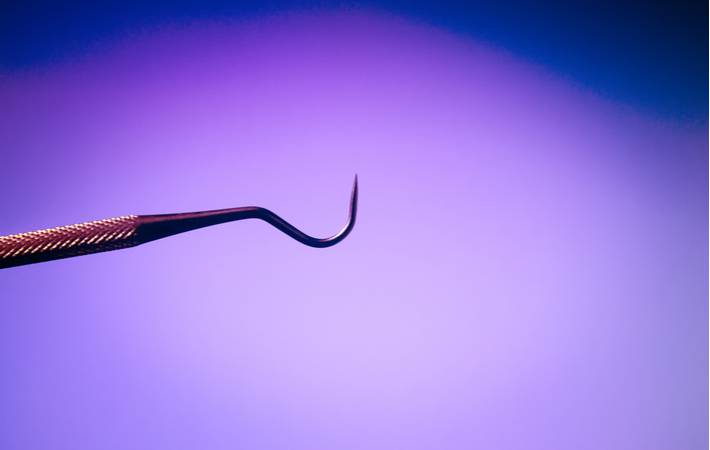
Once the examination is complete, your hygienist will move along with the part of the cleaning known as scaling. Using a sharp tool (a scaler) and a small mirror, they carefully check your teeth for build-ups of plaque and tartar. This part of the exam is especially useful because your dental hygienist can reach parts of your gum line that you’re likely to miss during regular brushing and flossing.
Some may find this part of the exam uncomfortable due to the sound and sensation of the scaler moving against your teeth. Rest assured that it is not only safe, but very effective in aiding the health of your teeth.
If you are someone who experiences uneasiness and discomfort during oral cleanings, let your dental staff know! You are not alone, and it’s more than likely your dental office helps patients through such apprehensions on a regular basis.
Super Brush (Tooth Polishing)
The next phase of your dental cleaning is a thorough polishing with the help of a high-powered brush. Your dental hygienist will utilize an electrical tool that may sound as though it’s grinding away at your teeth – don’t worry, this isn’t the case!
This special tool is simply high-powered enough to rid any lingering plaque or tartar that the scraper didn’t take care of. Further, the high power is needed for the polishing effect. However, it still buffs the surface of your teeth in a manner gentle enough to negate damage.
Tooth polishing is simply another way to clear your teeth of substances that would otherwise impede their health.
Floss & Rinse
What’s a good brushing without a solid floss? Again, this is another regular task that it’s beneficial to have a trained dental professional complete. Not only will they be able to reach angles and spaces that you normally can’t (the awkward dental chair is more beneficial than you might think) – but they also know what to look for when it come subtle signs of poor gum health.
After the flossing is complete, another brief rinse. This ensures that your mouth is all ready for the final part of your dental cleaning, the fluoride treatment.

Fluoride Treatment
Most (but not all) dentists will complete your cleaning with a fluoride treatment. This is where two trays filled with flavoured foam are placed over both your top and bottom sets of teeth. This treatment will sit and work for a few minutes, then you will rinse it out with water. It’s important to sit still and do your best not to swallow the fluoride during this part of the cleaning. The fluoride solution aids in preventing cavities by strengthening your teeth against decay. For more information on how, check out this link. For general information about fluoride, visit this FAQ page created by the Canadian Dental Association.
Anything Else?
Keep in mind that each practice is different, and your dental cleaning may include more steps than we have listed. Generally speaking, however, the above is what you can expect during a routine cleaning.
Other procedures will depend on any medical issues or concerns your dentist has with your oral health. For example, you may undergo an x-ray or additional periodontal probing, but these are not part of your teeth cleaning.
Getting Ready for a Teeth Cleaning
When booking your appointment, it’s a good idea to speak with the practice about how long your cleaning will take. For example, if it’s been a few years since your last cleaning, it will take longer than it would if it had been 6 months. Knowing ahead of time how long the appointment will take gives you more opportunity to relax. It’s a good idea to arrive a little bit early so that you can fill out any forms that may be needed.
You should also be sure that you have your insurance details with you, and know what payment options are available.
Don’t Forget to Smile!
If our article hasn’t answered all of your questions, feel free to contact us. Don’t hesitate to bring up any questions or concerns you may have at your next dental appointment – your dentist will be able to answer them best.



